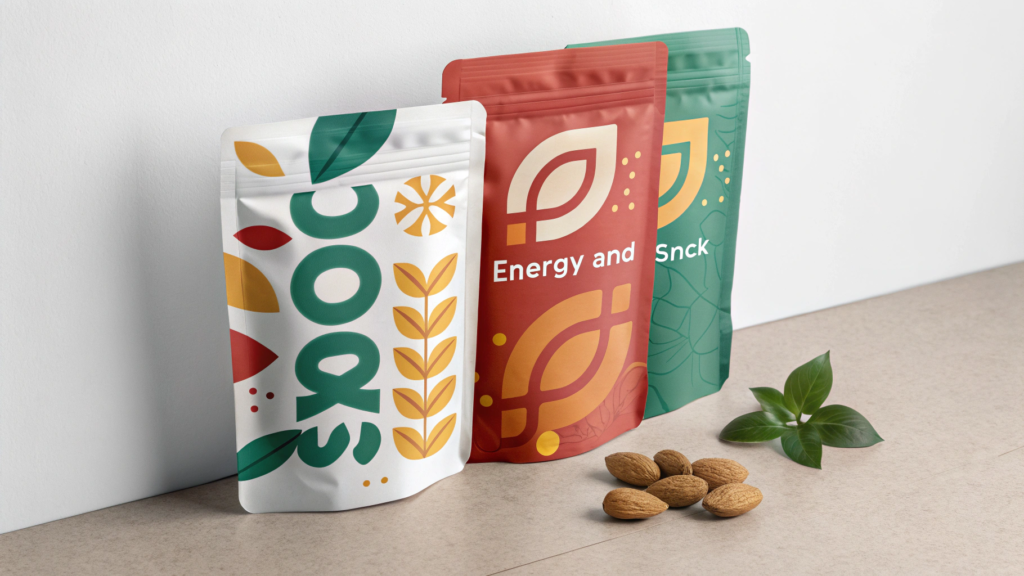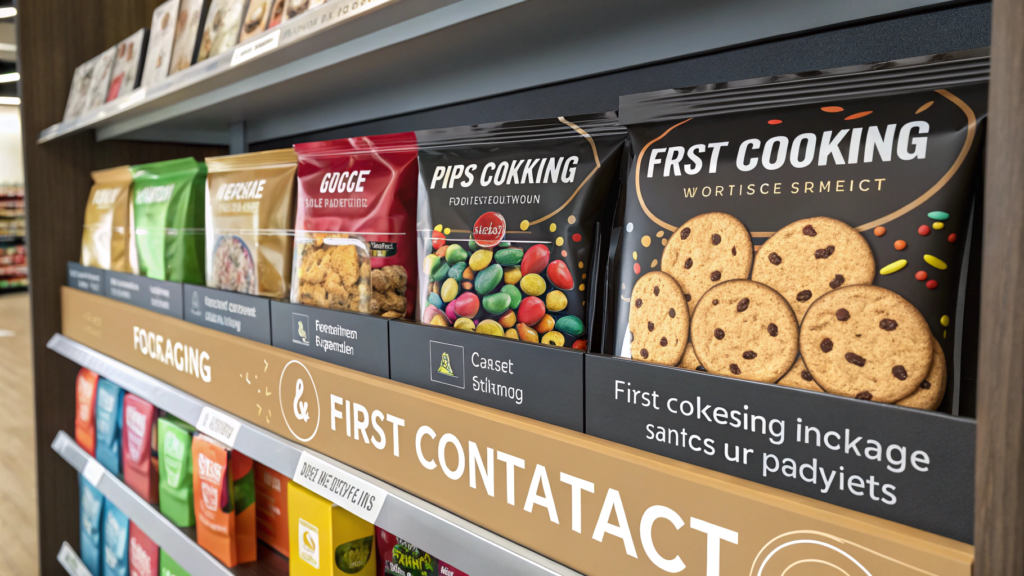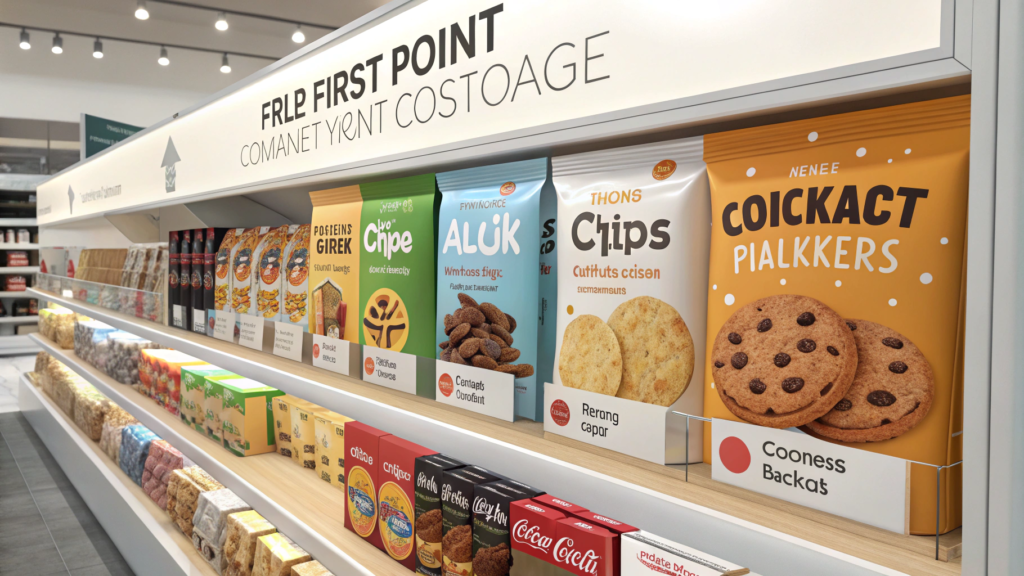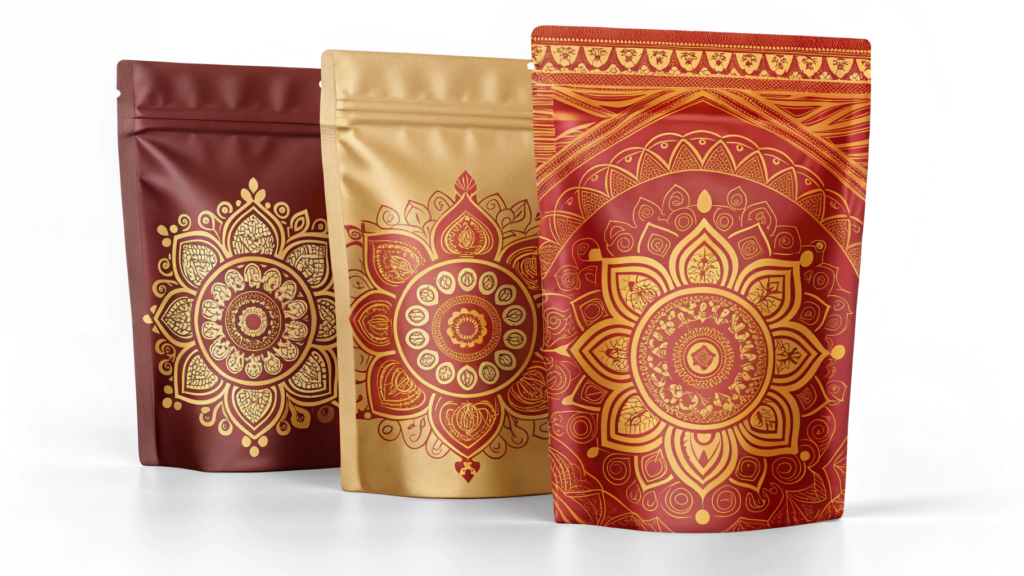
In a world of limited marketing budgets, packaging design can be an effective and affordable way to grab attention.
Packaging1 not only protects a product but also serves as a key marketing tool, conveying your brand's identity and attracting customers affordably.
Let’s explore how packaging can be utilized as a marketing tool to convey key messages, attract consumers, and elevate your brand in a competitive market.
How Can Packaging be Used as a Marketing Tool?
Effective packaging design goes beyond aesthetics. It’s about communicating your brand’s message, values, and quality through every detail.
Packaging2 is a key marketing tool that communicates brand identity, differentiates products, and enhances customer experience, all without the need for traditional advertising.

Packaging is often the first point of contact between a customer and a product. For businesses with limited advertising budgets, packaging becomes an effective channel to tell a story and communicate the essence of the brand. With the right design elements, packaging can attract attention and convey the product's quality, origin, and target audience in just a few seconds.
Emotional Connection Through Design
A well-designed package can evoke emotion, build brand trust, and even influence purchasing decisions. For example, eco-friendly materials3 or vibrant colors might signal sustainability, while minimalist designs could suggest premium quality. In fact, research shows that consumers often make snap judgments about a product based on its packaging design. In the competitive world of product marketing, standing out on the shelf can be the difference between a sale and a missed opportunity.
Key Elements of Effective Packaging Design
| Element | Purpose | Example |
|---|---|---|
| Colors | Convey brand personality and evoke emotions | Bright colors for energy drinks |
| Typography | Create brand identity and communicate clarity | Bold fonts for premium products |
| Imagery | Build emotional appeal or reflect product | Nature-themed for organic products |
| Materials | Communicate sustainability or premium quality | Eco-friendly packaging for green products |
To make packaging truly effective as a marketing tool, businesses must focus on clear, visually appealing designs that speak to their target audience. Whether it’s through bold typography, memorable logos, or striking colors, packaging has the power to turn a simple product into a statement.
How Can Packaging Help Attract Customers?
When customers are faced with many choices, packaging design is often the deciding factor that draws them in.
Packaging4 captures attention, creates a memorable first impression, and highlights key product features, leading to increased customer interest and purchase decisions.

Attracting customers isn’t just about the product itself but also about how it’s presented. Packaging plays a significant role in creating that initial connection. From the moment a customer lays eyes on a product, packaging can create an emotional connection or provoke curiosity. Thoughtful packaging design highlights the product's uniqueness, often making it the primary factor influencing a customer's purchasing decision.
Visual Impact: The First Impression
For example, the use of clear, informative labeling5 can reassure customers about a product’s quality or ethical sourcing. Fun and engaging designs are particularly effective with younger audiences who value creativity and authenticity in the brands they support. Additionally, functional packaging, such as resealable bags or portion-controlled packs, can be a selling point that sets a product apart from competitors.
Stand Out in a Crowded Market
| Factor | Effectiveness | Example |
|---|---|---|
| Clear Branding | Builds immediate recognition | Consistent logo design |
| Functional Design | Adds convenience and value | Easy-to-use, resealable packaging |
| Uniqueness | Differentiates the product from others | Distinctive packaging shapes |
Ultimately, the role of packaging is to make the product stand out in a crowded marketplace, attract attention from potential buyers, and make them feel confident in their purchase. With the right design, packaging can act as both a practical necessity and a powerful marketing tool, prompting customers to choose one product over another.
How is Digitally Printed Packaging Influencing the Marketing Strategy?
Digital printing6 is revolutionizing the way brands approach packaging, providing greater customization at a fraction of the cost.
Digital printing7 offers faster production, more customization, and lower costs, enabling businesses to create unique, on-demand packaging designs that align with their marketing strategies.

One of the most significant shifts in packaging design in recent years is the rise of digital printing technology. Unlike traditional printing methods, digital printing allows for greater customization, shorter production runs, and more vibrant, intricate designs. This flexibility has transformed how businesses approach their packaging strategy, especially for small and medium-sized enterprises (SMEs) with tight marketing budgets.
Advantages of Digital Printing
| Advantage | Benefit |
|---|---|
| Faster Production | Quick turnaround time for limited editions or promotions |
| Lower Costs | Ideal for small production runs or experimental designs |
| High Customization | Allows for personalized packaging for niche markets |
Through digital printing, businesses can produce small batches of unique packaging designs that can be tailored to specific customer segments. This customization allows for better targeting of niche markets, creating packaging that speaks directly to the needs and preferences of specific groups. Furthermore, digital printing enables rapid turnaround times, so businesses can quickly update packaging designs to keep up with trends, special promotions, or seasonal offerings.
In addition to these advantages, digital printing also supports eco-friendly8 initiatives. Many digital presses use less ink and produce fewer waste products compared to traditional methods, which aligns with the growing demand for sustainable packaging. With these benefits, digital printing is not only a cost-effective option but also an innovative tool for businesses to stand out in a competitive market.
Conclusion
Packaging design is a vital tool in marketing. With the right approach, it can attract customers, convey brand values, and support marketing strategies without the need for high-cost advertising.
-
Explains the importance of packaging beyond just product protection. ↩
-
Provides insights on how packaging influences brand identity and consumer behavior. ↩
-
Understand the influence of sustainable materials on purchasing choices. ↩
-
Learn how packaging design can attract and engage consumers. ↩
-
Explore the role of informative labeling in building trust with customers. ↩
-
Learn about the rise of digital printing and its impact on packaging customization. ↩
-
Discover the advantages of digital printing for small batch and customizable packaging. ↩
-
Understand how digital printing supports sustainability and reduces waste. ↩

